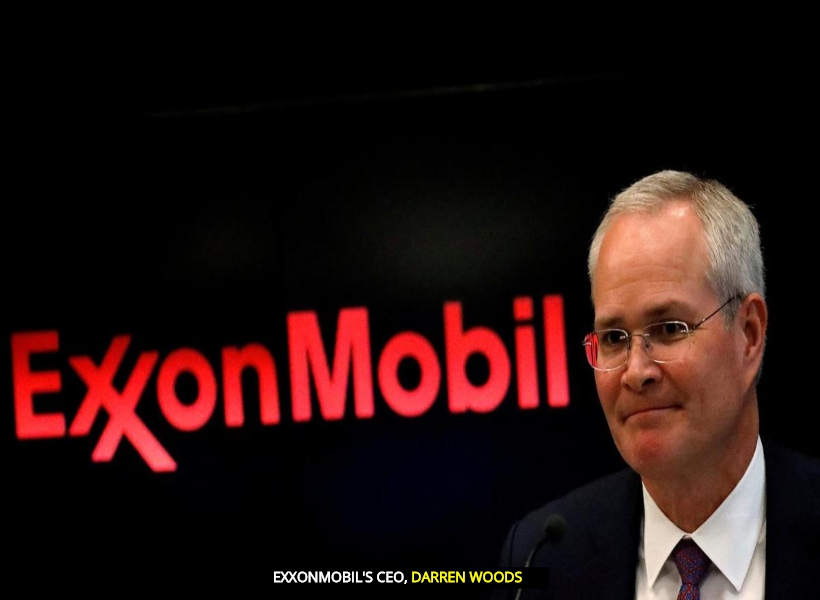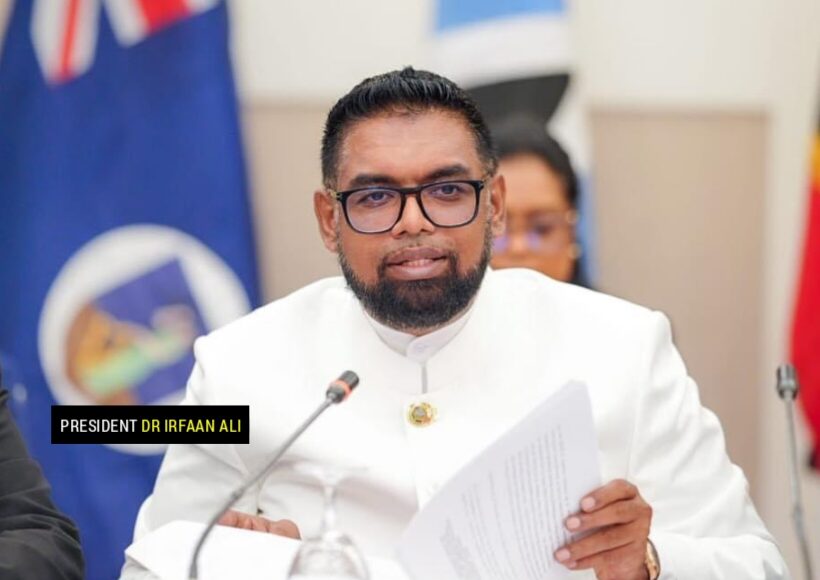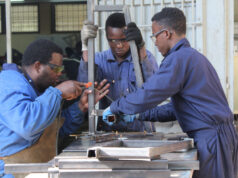The Caribbean Community (CARICOM), aiming to reduce its food import bill by 25 percent by next year, is now extending its ambitions to eradicate hunger and malnutrition in the region by 2030, given that 57 percent of its populace grapples with food insecurity.
Addressing the commencement of the 46th Regular Meeting of the Conference of Heads of Government of CARICOM on Sunday evening, CARICOM’s Chairman for Agriculture, Food, and Nutrition Security, President Dr. Mohamed Irfaan Ali voiced apprehension about the prevailing situation.
President Ali disclosed ongoing efforts to harness the region’s human capital to tackle the issue, suggesting the utilization of prominent figures to galvanize resources and spearhead an ambassadorial mission.
“We have to use these assets to mobilise resources and create an ambassadorial mission so that we can raise resources, revenue to address the issue of hunger and malnutrition,” he said.
Highlighting the importance of dismantling trade barriers hindering food security initiatives, President Ali urged the populace to pressure CARICOM leaders in this regard, deeming intra-regional competition futile for the relatively small region.
“The people of CARICOM must put pressure on the leaders of CARICOM to remove trade barriers. It is of no use and purpose for this region. We are too small to be competing against each other,” he asserted.
Under his leadership, various initiatives will be explored, including collaborations with the Canadian government to execute projects from its agri-value-added program. Discussions with Canada’s Minister of International Development, Ahmed Hussain, have progressed in this direction.
Furthermore, President Ali underscored the significance of fortifying the regional food system for resilience and sustainability, especially in the face of diverse shocks. He lauded Minister Hussain’s commitment to partnering with the region, particularly focusing on youth and women’s participation in innovative agriculture.
In addition, it was announced that CARICOM will collaborate with the Kingdom of Saudi Arabia on a $25 million Regional Sustainable Resilient Project, nearing finalization.
Guyana will also invest in establishing a Centre of Excellence to bolster regional food security and production, emphasizing research and development, real-time data technology, and predictive decision-making modules to aid farmers, alongside private sector engagement.











